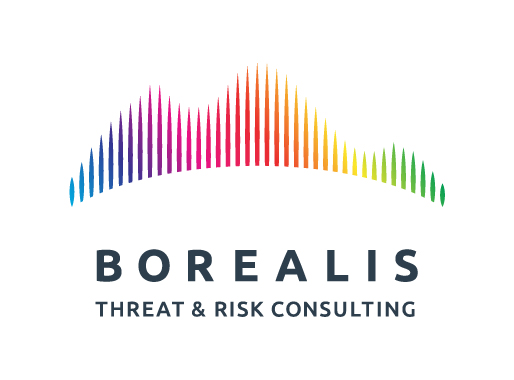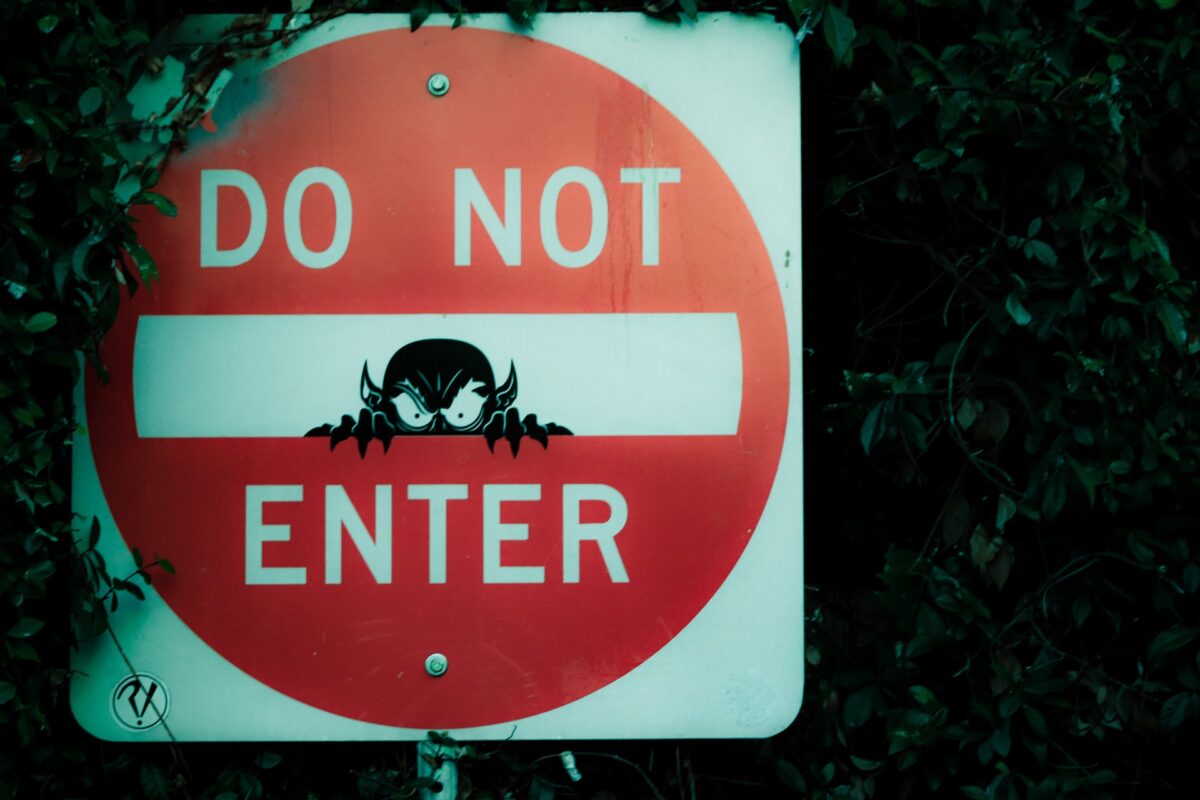A long time ago in a galaxy far, far away… No, this is not a blog on Star Wars, much as I am a fan of the series (who isn’t?)!
It is a look into the intelligence community in the West and, more narrowly Canada, as seen through the eyes of someone who spent more than thirty years working in that field.
In July 1983 I joined Communications Security Establishment (CSE – Canada’s signals intelligence – SIGINT – agency). The world of that year was a very different one than that of today – or was it?
The Cold War pitting the good guys (us in the West) against the bad guys (the Soviet Union and its allies in the so-called East) was still afoot. No one knew then that we were actually living through the final throes of the USSR. That struggle had been proceeding apace since the end of WWII and had defined much of our policies and decisions, no more so than in the intelligence agencies.
Different priorities
The CSE I joined was predominantly focused on keeping tabs, through the intercept, processing, translation (if necessary), analysis, and distribution of information, on the intentions and capabilities of Moscow and its client states on a number of fronts: primarily military but also economic, scientific and others.
That I and a handful of my colleagues (mostly all of us were recent Canadian university graduates) were part of a small team that did NOT look at the main problem was seen as a side show at the time. Sure, we were called the ‘rest of the world’ but everyone knew where the priorities lay and where the money and resources would be apportioned – indefinitely.
As it turned out, a few years later the ‘wall’ did fall and the Soviet Union collapsed. The need to monitor what was indeed an ‘existential threat‘ to us also collapsed. We told ourselves we had won the war and could therefore nudge our attentions elsewhere. Economic intelligence, for one, assumed a much higher importance (and one area I worked on for a number of years). While there were always intelligence requirements the sense of urgency which so dominated the Cold War seemed to have dissipated somewhat. Who cared about Russia?

Then came 9/11
No, terrorism did not start on that fateful day in 2001 but it certainly grabbed our attention and fast! From an intelligence standpoint THE priority became counter terrorism as agencies sought to locate, monitor and, eventually, bring to justice the perpetrators of those evil acts. I was then at CSIS and I can attest to a shift in resource realignment. I am not saying that all efforts were now devoted to what we call CT (counter terrorism): the other two CSIS investigative assignments, counter intelligence/foreign interference and counter proliferation (CI and CP respectfully) were stilled manned albeit somewhat less robustly.
That this decision was made should surprise no one. Almost 3,000 people had died in what was by far the greatest act of terrorism in history. To not alter one’s course would have been unthinkable. In hindsight this was the right move. In the 2000s and 2010s we did uncover terrorist plots in Canada planned by those with a mindset very much akin to the 9/11 hijackers and foiled most of them. CT proved to be a necessary – and successful – effort.
Which brings us to now
The 2020 CSIS Annual Report, a snapshot on what keeps CSIS officials worried and what they are focused on, recently came to light. I could not help but notice that under the section entitled Threat Environment the organisation chose last year to lead of with this: “As a core part of its mandate, CSIS investigates and advises the Government of Canada on threats posed by espionage and foreign influence activities.”
That it did not lead with terrorism struck me as significant. In fact, CT does not make an appearance until AFTER sections on protecting democratic institutions, economic security, cyber threats and CP. This would not have been the case in earlier years. It demonstrates to my mind that there has been a shift in the appreciation of what threats are out there and how CSIS elects to prioritise them. Analogously, the US Navy Seals are “undergoing a major transition to improve leadership and expand their commando capabilities to better battle threats from global powers like China and Russia.” In other words, even some in the US seem to be moving beyond CT.
What does all this mean?
Quite simply that there are ALWAYS multiple threats which must be considered by intelligence and law enforcement agencies as well as by the military. It is seldom as neat and tidy as ‘just do that’. The Cold War may have been an exception to the rule – this is what happens when the adversaries have thousands of nuclear weapons trained on each other – but most times it is all very complicated.
Rest assured that terrorism is showing no signs of going away any time soon. Even if worldwide deaths have been on the decrease since 2015 (according to the Global Terrorism Index) there is still far too much of it out there. Resources will still have to be deployed to preventing attacks in dozens of countries (including Canada). But, other priorities are arising and demanding action.
Is there a lesson in all this?
Perhaps. Our declaration of ‘victory’ at the end of the Cold War was most definitely premature. The Soviet Union successor, Russia, never did become an ally. China most certainly has never been our ‘friend’. And as for North Korea….
The bottom line is that when you work in intelligence there is always something to keep you up at night. The issues you decide to follow are only constrained by money, people and requirements. The world is a messy place with all kinds of things that could, and probably will, go wrong. That’s just the way it is.
Anyone want to become an intelligence analyst?
Read More on Intelligence

Quick Hits – Put up a ‘for sale’ sign at CSIS: its mandate has been compromised
The Canadian government has politicised the use and meaningfulness of intelligence and undermined the very agencies which provide it – not good!
How important are human sources in counter terrorism? A conversation with former CSIS officers and agents
Canadian Intelligence Eh! – Episode 150: How far should the use of human sources go to collect intelligence? The world of counter terrorism is a dirty business. Intelligence services and law enforcement need to infiltrate terrorist cells to see what they are planning and part of those efforts involve the recruitment and running of human…

Why is morale at Canada’s spy service in the dumps? A conversation with Andrew Kirsch
When a nation’s spy agency has a morale problem it can have widespread effects on national security: a conversation with a former Canadian intel officer.

